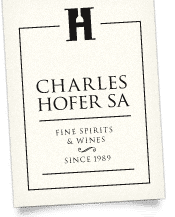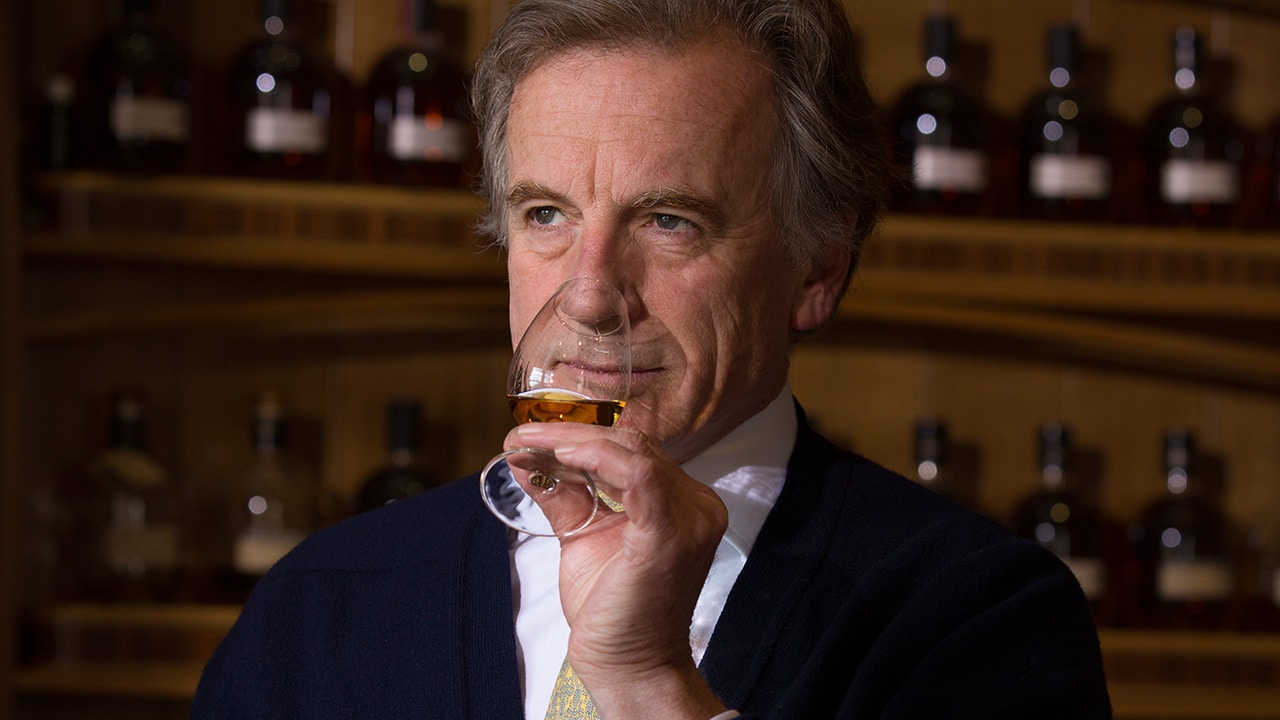by Ronnie Cox
Ronnie Cox, is Berry Brother & Rudd’s eminent Brands Heritage Director for of 25 years and an ambassador for The Glenrothes – separates the fact from the fiction in his appraisal of the whisky collectors’ market.
The earliest fatherly investment advice I received was the true story of my great grandfather who purchased shares in a gold mine in the late 19th century. So allegedly successful was the mine that it soon required a second injection of capital to fund its expansion. This he did willingly and, a year later, he found himself in South Africa where he made a small detour to visit said mine. What he discovered there was one man, a series of pulleys and a very insubstantial hole in the ground. Of course, stories of this kind are legion and in Scotland, the most infamous of these, without doubt, being the Darien Scheme when the country lost around one third of its total wealth in pursuing a dream which turned out to be hyped-up fantasy.
It was started by a self-perpetuating frenzy of greed in 1698 – coincidentally the same year in which Berry Bros. & Rudd’s shop in St James’s Street became a coffee trader under the name of the Widow Bourne – and just a few years later it was recorded as an absolute disaster. Then came the South Sea Bubble in 1720, initiated in a similar part of the world, and, then, as if the lesson had been forgotten, the City of Glasgow Bank collapsed in 1878, the number of shareholders of this ‘unlimited’ bank plummeting from 1300 to just over 300 following five years’ pursuit of the outstanding debt. Rather too close for comfort are the recent and virtual collapses of The Royal Bank of Scotland and the Bank of Scotland – those blue-blooded, pension-company delights – both of which were brought to their knees by the actions of a few. I would argue that, in all of the above, greed played the leading role.
What has this all got to do with whisky collection you might ask? I have a friend who, some 15 years ago, purchased a cask from a recently renovated distillery for £1,000; “If it’s not worth much more, I’ll bottle it for my friends,” he remarked at the time. Recently, he arranged that I taste a sample of his proudly held (and now surely matured) stock. It was shockingly awful, and I had to break the disappointing news to him that not only had the cask been of poor quality – it had probably been called upon too many times before, much like the repeated use of a teabag where the influence of flavour and colour are increasingly negligible – but the distillery in question would only offer him £200 by way of compensation. I somewhat selfishly advised him to take the money, for I knew it would be the only dram on offer at his famous barbecues for years to come.
Whilst picking the right distillery and liquid en primeur can pay huge dividends – presuming you can get hold of it and you know what you’re doing – investing in the bottled product is as much fun and usually safer. What do you have to do? Simply select the right one, using a variety of criteria combining taste with current and future reputation, and scarcity.
The Glenrothes produces vintages (not the standard 12-, 15- and 21-year-old versions) which makes it immediately collectible. It has a growing number of aficionados, some of whom actively seek out the missing vintages to complete their collection, but all of whom seem to have grown a passion for the brand. The volume of bottles for each vintage of Glenrothes has been limited to two percent of the distillery’s annual production. The result: they run out quickly, thereby breeding further scarcity and creating a secondary market which we at Berry Bros. & Rudd no longer control. Hence a bottle of The Glenrothes 1972 purchased in 2004 for £75 is now selling at over £450, despite tasting exactly the same as it did 10 years ago – quite outstandingly delicious.
Similar things are happening to the lesser-sized Balblair (which copied our vintage concept in single malt whisky) and to the classic distilleries like Glenfarclas and Springbank with one-off expressions. Even distilleries which master blenders wouldn’t normally touch have produced some absolute crackers and are now becoming very valuable. And like wine, whisky is considered a perishable good and carries the same zero Capital Gains Tax treatment, provided play is within the rules.
Producing great spirit is crucial, but unless you have excellent wood and make the right cask selection at the right time, the best results will never be achieved and disappointment comes as sure as night follows day. The bottled Macallan is certainly in the premier division for collectors (it is the most sold brand at auctions), but is there really any reason why others using a similar wood policy and cask selection shouldn’t command this top-quality spot? Which ones will be the diamonds, the Macallans of the future? And are great whiskies measured by their taste or their perceived financial value?
I do have a personal collection of whiskies and not many of them are very old. Rarity is what I look for and, of course, the ‘brands’ of the future. You see, I think that in the future people will recognise that age is only part of the equation, and that certain expressions are infinitely preferable to others of much older age. I don’t actually like selling any of my small collection for I am full of anticipation that my retirement will require much more than I’ve already purchased. The great news is that whisky, unlike wine, does not change in the sealed bottle provided it is kept upright and at room temperature or slightly below. I’m happy in the knowledge that if I don’t drink them all, my children and surviving friends will have some expensive fun at the wake.


